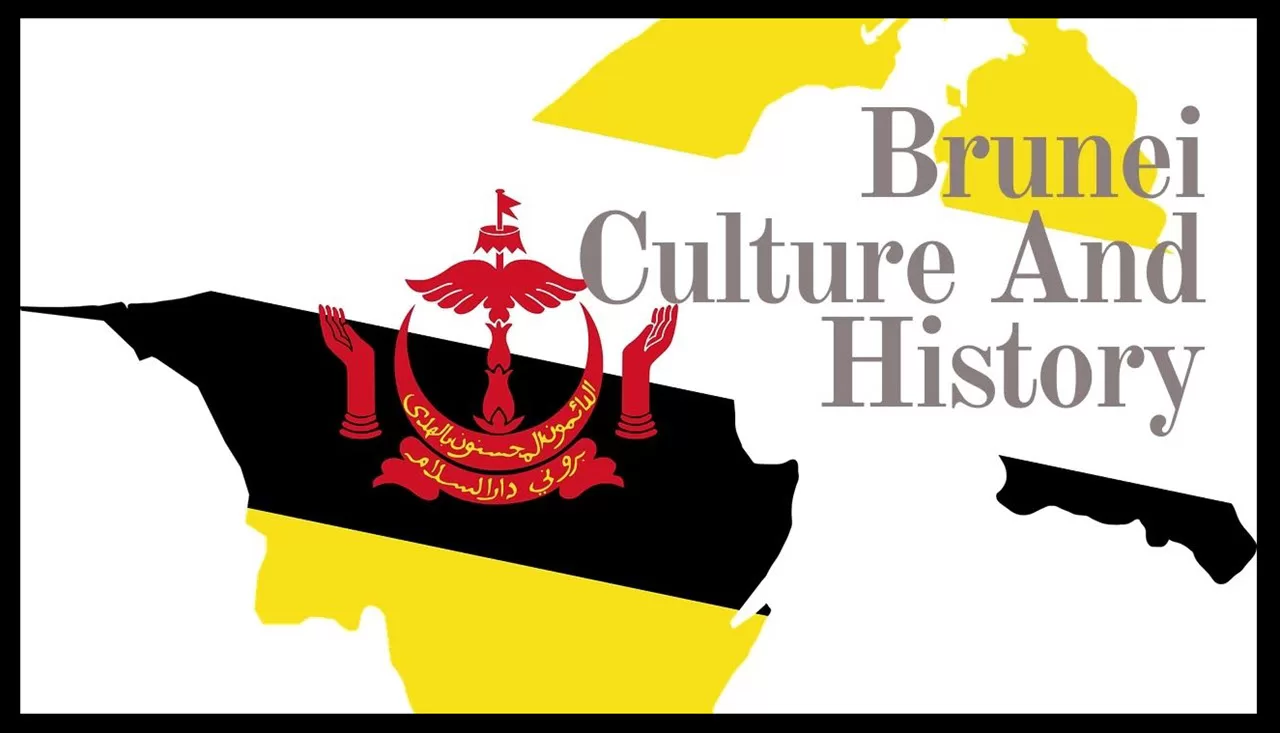Brunei is a small nation located on the island of Borneo. It has a total land area of approximately 2, 226 square miles or 5,763 square kilometers and has a population of around 437, 479, where more than half of the population are Ethnically Malay. It is surrounded by Malaysia and South China Sea. Because of its neighboring country Malaysia, Brunei culture is somehow similar to Malaysia. Brunei culture has different aspects in relation to its customs, beliefs, arts and literature as well as Brunei cuisine. In today’s post, let us go through some of these aspects of Brunei’s culture.
Brunei Culture And History
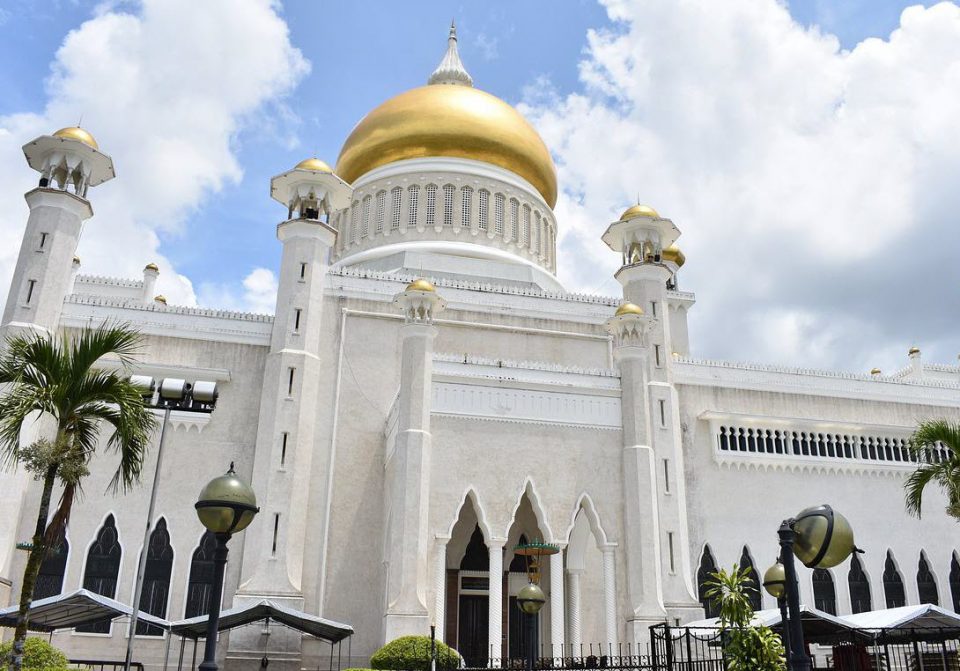
Brunei History
It has been known that Hawang Halak Batatar adopted Islam. Sultan Muhammad is considered to be the first Muslim Sultan in Brunei (1405-1415), while his Brother Patih Barbai became the second sultan in Brunei.
Brunei Geographical Location
The capital of Brunei is Bandar Seri Begawan. Barunay and Kadayan are settlements in Brunei found on the coastal areas of North Sarawak and Southwest Saba located in Malaysia. While settlements such as the Tutong and Belait are found in Brunei.
Brunei Monarchy
Brunei is the only remaining Malay Islamic monarchy in the entire world. Way back 1405, Sultan of Brunei comes from a royal family line.
His Majesty Sultan haji Hassanal Bolkiah on the other hand became the 29th ruler in 1697. He was able to gain the complete independence of Brunei from the United Kingdom way back year 1984.
Brunei Family
In relation to Social structure, the family is considered to be the focal point. When you hear Bruneian Family, there are usually the extended family that usually includes the uncles and aunts as well as the cousins. Brunei has a hierarchical culture wherein the age and the position in the family should always be respected.
Identifying Brunei
Brunei Darussalam is considered to be a country with a multiple ethnic groups where a single ethnic group called the Barunay which usually holds the political power.
Brunei Malays on the other hand are known or usually referred to as the Indigenous peoples in Brunei. Although they do not usually speak the Malay language nor they are a native to that language.
Brunei Language
Standard Malay or Standard Malai is the official language of Brunei. But English is also spoken in the country especially in Business establishments and are usually used in teaching.
Brunei’s Customs
Islam is the national religion in Brunei which makes the beliefs and customs of Brunei highly influenced by Islam. The influenced of Islam on Brunei Customs makes their behavior more conservative especially in how they dress up. Modesty is greatly observed particularly in Women wherein they have to be fully covered.
The hands and the face should only be exposed especially when in public places. With social customs, it is considered to be impolite when eating and drinking walking in public. Another social custom in Brunei in relation to touch, since touching between men and women is not customary in Brunei that is why when shaking hands between the opposite sex, the man should wait for the women to extend and offer her hands for shaking. Also, it is considered rude in Brunei to touch other people’s heads, it should be avoided as they consider it a rude gesture.
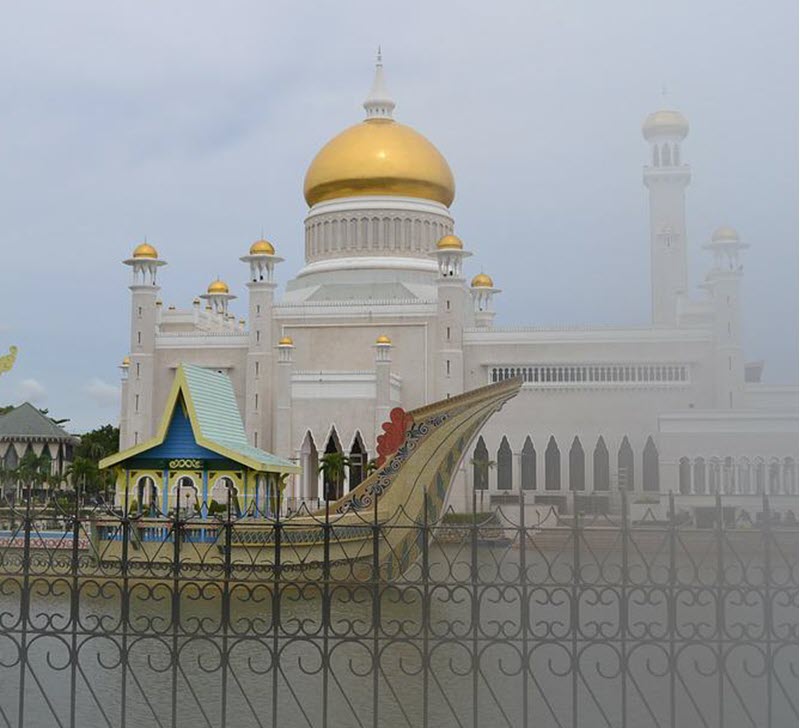
Brunei Religion
As mentioned, Islam is the official religion in Brunei. Though there are other religions also practiced in Brunei such as Buddhism, another most practiced religion in Brunei. As a matter of fact, around 13% of the Brunei’s population are Buddhist. Christianity is also practiced and accounts for 10% of Brunei’s population.
Early Ramadan usually starts at the beginning of the holy fasting month tha t is uusally the Anniversary of the Al-Quran. While the end of the fasting month or usually marks the end of Ramadan. It is usually celebrated as Hari Raya Aidilfitri. Hari Raya simply means celebration day.
When it comes to religious practitioners, the Sultan is the head of Islam. Brunei’s Sultan on the is one that acts as a religious leader as well as the political leader.
There are almost 60 mosques that is maintained and preserved by the Ministry of Religious Affairs in Brunei.
Muslims must pray at least 5 x a day and that is at dawn, noon time, afternoon, when the sunset and in the evening. Friday is considered to be a Holy day in Muslim therefore everything should be closed on that day. Though on Sunday and Saturdays, most of the companies and offices in the government are also closed.
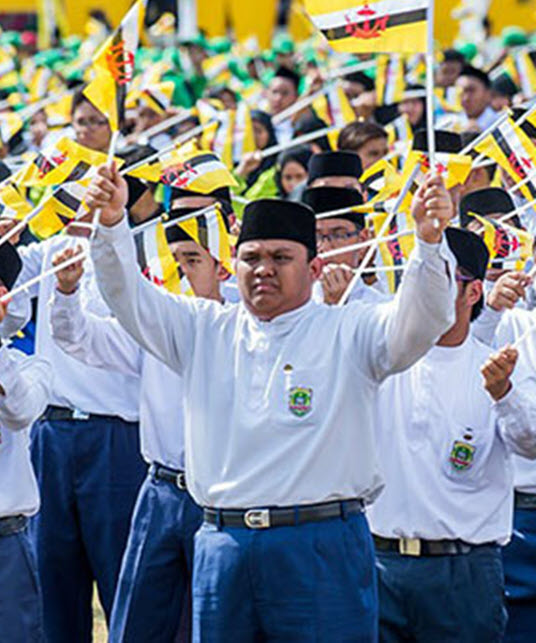
Brunei Festivals
The Birthday of the Prophet Muhammad is considered to be the biggest festival celebrated in Brunei. It is usually celebrated in the months of January or February, the exact date however is usually based on Islam calendar therefore it does not usually happen on the same day of the year.
The National Day is another special day that Brunei country also celebrates. It is usually celebrated on the 23rd day of February. The National Day is celebrated because of the Independence of Brunei from Great Britain.
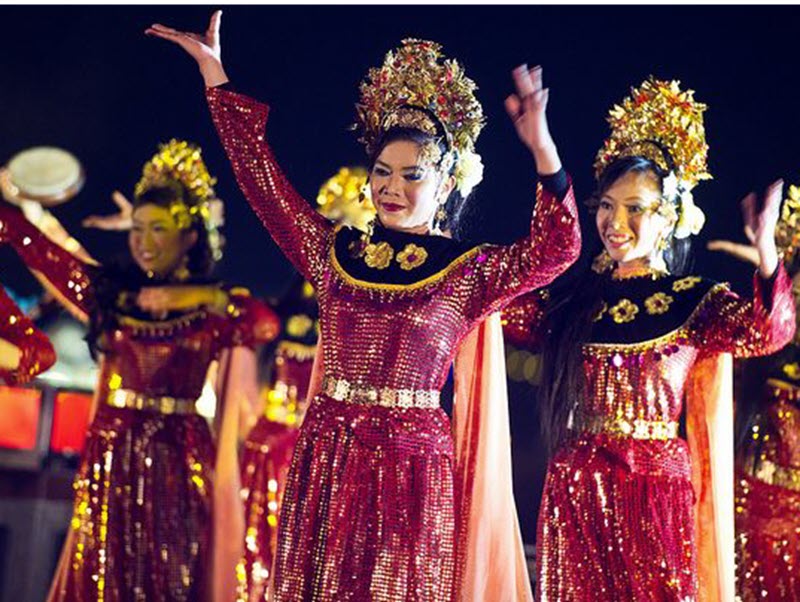
Brunei Music and Dance
Instruments that are usually used are gongs, and coconut shells that are either rebana tambourines, dombak drums and percussions.
The most popular dance in Brunei is what they call as Aduk Aduk. In this dance, warrior clothing are worn by children during their birthday celebrations and also Aduk Aduk dance is usually played mostly at the end of the harvest season.
In relation to Brunei music, Adai Adai is considered to be the traditional music. The sound is usually played by fishermen especially when they are at work. Percussion instruments are usually used to play and perform Adai Adai music.
Then they also have the Jipin performance. The malay culture greatly influenced this popular performance in Brunei. The performance is usually consists of 6 men and 6 women and is usually played with percussion instruments, but s stringed instrument called Gambus Dan Biola is also used.
Brunei Arts and Literature
Public Institutions in Brunei such as the Royal Regalia Building in 1992, the Churchill Memorial Museum, Brunei Museum in 1972, Brunei History Center in 1982 and the Malay Technology Museum in 1988 greatly supports local crafts in Brunei.
An interesting literature in Brunei is the Sya’ir Awang Simawn. It is an epic poem that recognizes the history of Sultan because of Simawn, a hero.
Another important literature that is mostly recognized by children is the Sajak Style. A poetry that was used in teaching the young ones about the studies of civil and history.
When it comes to Brunei arts, there are different forms of artistry in Brunei such as painting jewelry, textiles, baskets, and architecture. Women in Brunei are usually involved in beadworks and textile works, while men in Brunei on the other hand usually works with metal works.
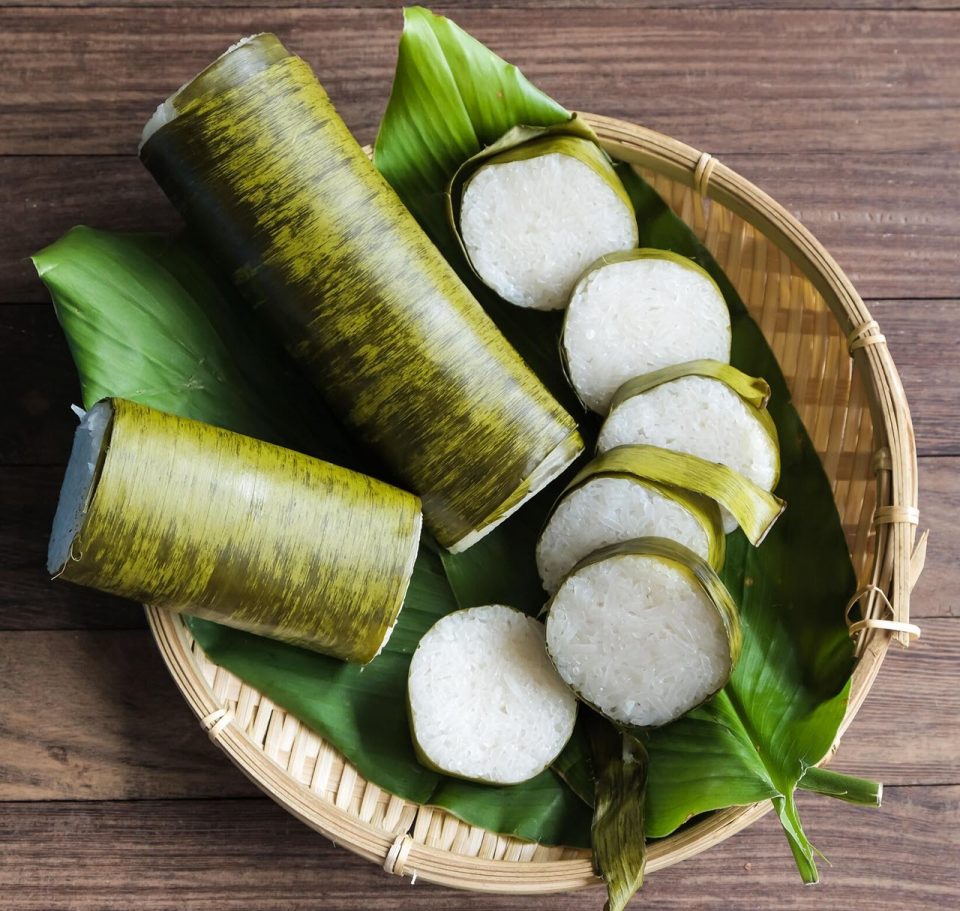
Brunei Cuisine
Brunei Cuisine is influenced by its neighboring countries. The food is considered to be an important part of the country’s culture and believed that eating brings togetherness of its people.
The religion of Islam prohibits drinking alcohol and eating pork, most of the time the dishes that are usually served are rice, noodles, vegetables and meat.
Ambuyat is the traditional food in Brunei. It usually tastes bland, similar to that of a tapioca starch. It is made of the interior trunk of the sago palm. It is usually shaped into a ball and is usually immersed into different types of sauce.
Brunei Health Care
The health services rendered by the Government in Brunei is free for all the citizens in the country. Although for permanent residents and other immigrant people, there is a minimum charge for the services rendered to them.
The Capital is where the main hospital that is used by other hospitals for referral. Other government hospitals are located in other 4 districts and there are two private hospitals as well. For Rural Areas that do not have the means to go to the hospital are being carried and placed on an helicopter by the Flying Medical services.
For treatments that needs to be referred abroad, the government office will usually handle all the expenses.
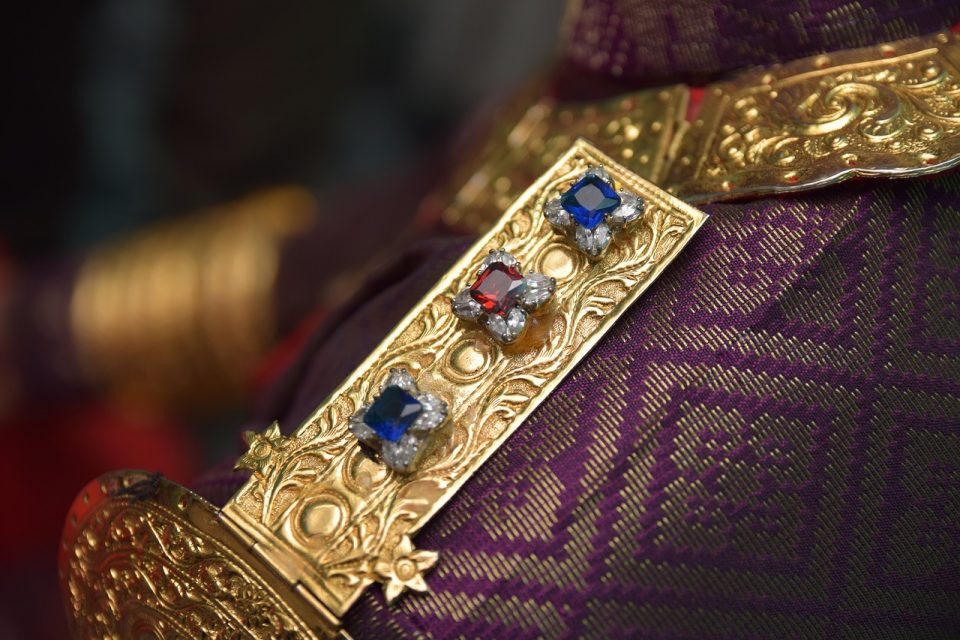
Brunei Marriages
Fixed marriages are common in Brunei. The set up is usually made between both parents (parents of the male and parents of the female). In the Muslim community, the partner should also belonged to the Muslim community that is why men must convert to Muslim to be able to marry a Muslim woman.

